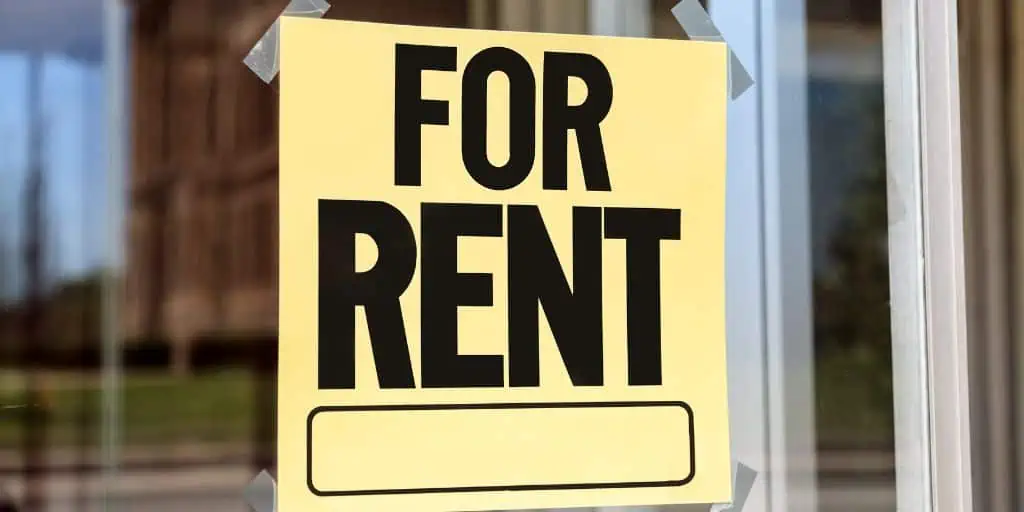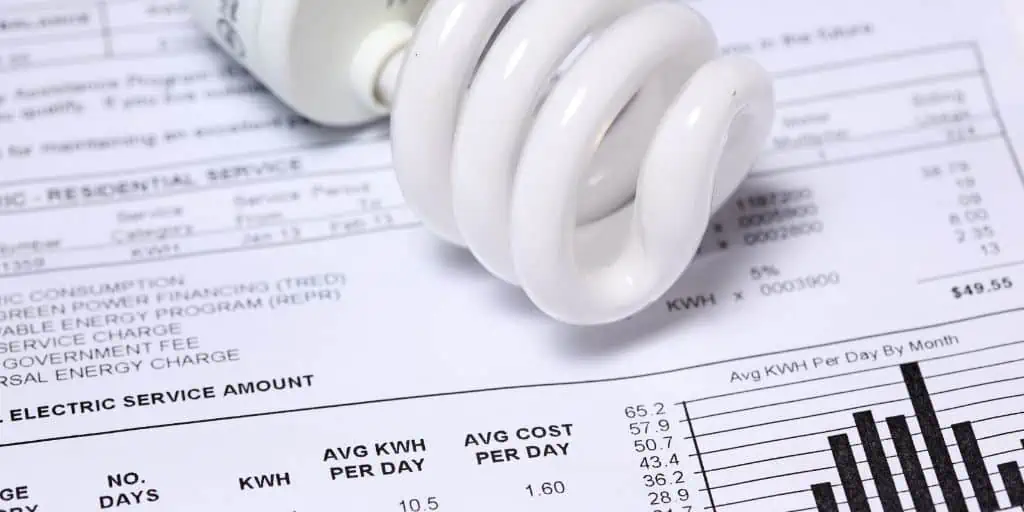What Is Long-Term Rental (LTR)?
Shortcuts
- A long-term rental (LTR) is a rental agreement that exceeds 30 days, as opposed to short-term rentals or vacation rentals (which are for mere days or weeks at a time).
- Residential rentals where the tenant rents for their primary residence and commercial leases are types of LTR.
- Commercial leases are always long-term and come in three flavors: gross lease, modified gross lease, and net lease, depending on the extra costs the tenant pays on top of their base rent.
How Long-Term Rentals Work
A long-term rental is an agreement where the landlord and a tenant agree that the latter can occupy a rental space for an extended period. An LTR has a fixed end date[1], upon which the two parties can either renew (in theory, indefinitely) or terminate the agreement.
Unlike short-term rentals, such as vacation homes and rentals on Airbnb, long-term rental agreements exceed 30 days and may be rented out for months at a time[2].
An example of an LTR is renting a residential apartment, where a tenant occupies the unit as their primary residence. For example, apartments rented monthly are considered long-term rentals[3]. While rent is paid monthly at these properties, the tenant is committed to a long renting period, not just a monthly stay.
Another is a commercial lease agreement[4], which is generally longer than renting a residential unit. Commercial rentals typically range from three to 10 years, with the lease length varying on a case-to-case basis[5] and lease type.
Types of Commercial Leases
There are three types of commercial real estate leases. They are all versions of long-term renting; the main thing that sets them apart is how tenants pay their rent, which breaks them down into either a gross or a net lease[6], as described below.
Gross Lease or Full-Service Lease
In a gross lease agreement, the tenant pays rent that, in theory, should cover all of their unit’s operating expenses, such as its utilities, taxes, maintenance, etc. The base rent is thus relatively higher because the landlord pays for these expenses on behalf of the tenant.
Escalation clauses or “escalators” are common in a gross lease agreement. These provisions give the landlords some flexibility in charging if variable costs like taxes and utilities increase. When signing a gross lease agreement with an escalator, the tenant basically agrees on a graduating scale of rent increase depending on these variables.
Net Lease
This commercial real estate lease is highly adjustable, with a low base rate for tenants. The downside is that they pay rent on top of paying for utilities.
There are four net lease types based on which utilities the tenant pays:
- Single net lease. On top of the base rent, the tenant pays property tax or a portion of it. The landlord pays for the other property expenses.
- Double net lease. The tenant pays rent and property tax, plus insurance premiums.
- Triple net lease. The tenants in this lease type pay rent, property tax, insurance premiums, and maintenance fees for common area maintenance (CAM).
- Absolute triple net lease. In an absolute triple net lease, the tenants pay the same thing as in a triple net lease, but they also pay for structural repairs, as in a roof. This long-term real estate rental is the most uncommon among commercial leases.
Modified Gross Lease
This type of lease is a mixture between a gross lease and a triple net lease. In a modified gross lease, the tenant pays full rent, but also shoulders a portion of property taxes, insurance premiums, and maintenance fees.
Modified gross leases are popular in office buildings, where the easiest proportion is to divide the cost among all tenants. The owner, however, can fix the percentage depending on other factors.
Long-Term Residential Rentals
While commercial leases come in several different types, long-term residential leases tend to be the same for all tenants[7]. These leases can be generally differentiated only as long-term or short-term rentals.
In a long-term residential rental, the tenant generally pays the landlord a monthly rent plus utility bills. Meanwhile, the landlord shoulders other property expenses, such as maintenance and repair, property taxes, and insurance[8].
Pros of Investing in Long-Term Residential Rental Units
Residential real estate investors traditionally favor long-term rentals over short-term or vacation rentals for the following reasons[9]:
- Consistent income. A long-term rental property typically means consistent cash flow, unlike short-term rentals that are at the mercy of an off-season for tourists.
- Less marketing expense. Landlords running long-term rentals spend less on advertising. Landlords need to market their property only when a tenant vacates it.
- Minimal day-to-day management. Most rental agreements make tenants responsible for the upkeep of their unit, unlike vacation rentals where owners need to maintain their guests’ rooms between each new occupant.
- No utility costs. Supposing the rental agreement is a net lease, landlords avoid the responsibility of paying for a tenant’s power or utility consumption. On the other hand, a short-term rental has a prospect of higher utility bills, depending on their guests’ lifestyle and habits.
- Lower initial investment. A residential building requires less capital[10] to build than a commercial property. It also requires lower maintenance costs than commercial rentals.
- Less risk of physical damage or vandalism. Because a long-term tenant goes through an extensive background check and has a vested interest in the condition of the rental, residential properties have much less risk of damage or vandalism than, for instance, Airbnb monthly rentals.
- Less time commitment. Owners of residential rentals do not have to deal with multiple leases common in commercial properties. They face fewer management tasks, maintenance issues, and less liability exposure.
- DIY management. An owner may manage the property themselves and do away with expenses for a property manager, unlike a commercial unit that usually requires one.
Cons of Investing in Long-Term Residential Rental Units
However, investors placing their bet on a long-term rental also have to weigh some of the disadvantages of this type of lease. Its main drawbacks include the following[11]:
- Less flexibility in a rental rate increase. The contract on long-term rentals typically limits the rent price for the duration of the lease. With a vacation rental where guests typically don’t have long-term stays, a real estate investor can raise rates as they see fit. Similarly, a short-term rental can offer weekly or monthly discounts to create more business in times of need.
- More difficult maintenance. Landlords may be limited to a quarterly or semi-annual property inspection to avoid violating their tenants’ privacy. Meanwhile, the rental property amenities must meet a certain standard to keep renters happy and avoid a breach of contract.
- Dealing with problematic tenants. Long-term rentals are a headache for landlords who get problem tenants despite a strict screening process. Eviction can be difficult and time-consuming even with tenants who damage the property or pay their rent late.
Sources
- ContractsCounsel. (n.d.) What Is a Lease Agreement? Retrieved from https://www.contractscounsel.com/t/us/lease-agreement#toc–lease-agreement-vs-rental-agreement-
- Thunstrom, T. (2021.) How to Lease Commercial Real Estate: The Ultimate Guide. Fit Small Business. Retrieved from https://fitsmallbusiness.com/commercial-real-estate/
- Zee, J. (2019.) Short-term Rentals vs. Long-term Rentals – What Are the Risks? Del Condominium Rentals. Retrieved from https://www.delrentals.com/blog/short-term-rentals-vs-long-term-rentals-what-are-the-risks
- Simmons, A. (2019.) Short-Term vs. Month-to-Month vs. Long-Term Rentals: Which One Is the Best? 2nd Address. Retrieved from https://www.2ndaddress.com/research/short-term-vs-month-to-month-vs-long-term-rentals/
- Realworld Law. (2021.) Commercial Leases. Length of Leases. DLP Real World. Retrieved from https://www.dlapiperrealworld.com/law/index.html?t=commercial-leases&s=legal-characteristics-of-a-lease&q=length-of-leases&c=US
- Mars, S. (n.d.) 3 Types of Commercial Real Estate Leases. VTS. Retrieved from https://www.vts.com/blog/the-3-types-of-commercial-real-estate-leases
- Chen, J. (2022.) Complete Guide to Renting. Investopedia. Retrieved from https://www.investopedia.com/terms/l/lease.asp
- Ashworth, J. (2021.) Long-Term vs. Short-Term Rentals: What You Need to Know. Lodgify. Retrieved from https://www.lodgify.com/blog/long-short-term-vacation-rentals/
- Steinbarth, S. (2019.) What You Need to Know About Long-Term Vs. Short-Term Rentals. Forbes. Retrieved from https://www.forbes.com/sites/forbesrealestatecouncil/2019/07/01/what-you-need-to-know-about-long-term-vs-short-term-rentals/
- Larson, M. (n.d.) Pros and Cons of Investing in Commercial Real Estate. Nolo. Retrieved from https://www.nolo.com/legal-encyclopedia/pros-cons-investing-commercial-real-estate.html
- Rhode, J. (2022.) Short-term rental vs long-term rental: The pros/cons of each. Roofstock. Retrieved from https://learn.roofstock.com/blog/short-term-rental-vs-long-term-rental






